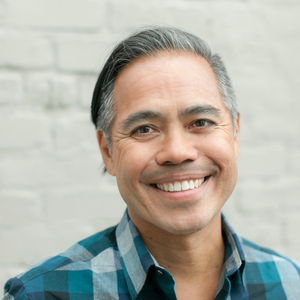
Dr. Evan Adams
Deputy Chief Medical Officer at First Nations Health AuthorityDr. Evan Adams is a citizen of Tla’amin (Sliammon) First Nation in Powell River, BC.
Evan Tlesla Adams is a two-spirit, Coast Salish physician from Tla’amin First Nation near Powell River, BC, Canada. Dr. Adams completed his Medical Doctorate at the University of Calgary and a residency in the Aboriginal Family Practice program at UBC in Vancouver. Dr. Adams has a Master of Public Health from Johns Hopkins University in Baltimore, Maryland. He was the Deputy Provincial Health Officer for BC (2012 to 2014), the Chief Medical Officer of the First Nations Health Authority (2014-2020), and then the Deputy Chief Medical Officer of First Nations & Inuit Health Branch, Indigenous Services Canada (2020-2023). He has recently returned half-time to the FNHA as their Deputy CMO and half-time to Simon Fraser University’s new Medical School as an Acting Associate Dean. On a personal note, Evan is married to Allan, and they have 6
children.
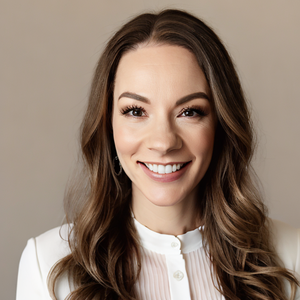
Dr. Jamaica Cass
Indigenous Health Lead- School of Medicine at Toronto Metropolitan University (Formerly Ryerson University)Dr. Jamaica Cass is deeply involved in shaping medical education, contributing to policy development, community engagement, and curriculum design at the Toronto Metropolitan University School of Medicine. As a member of the Mohawks of the Bay of Quinte, Turtle Clan, Dr. Cass practices Indigenous Health as a primary care physician at Tyendinaga Mohawk Territory. Additionally, she serves as an assistant professor in the Department of Family Medicine at Queen's University and is the Program Director for the Indigenous Health Enhanced Skills Program. Dr. Cass holds a Medical Doctorate from Tulane University and completed her family medicine residency at the University of Calgary. With a background in breast cancer molecular biology, she earned her PhD from Queen's University, garnering recognition with various institutional and international awards. Throughout her academic journey, Dr. Cass has been actively involved in Indigenous mentorship and advocacy, fostering a supportive environment for Indigenous undergraduate students.

Madeline Elder
Madeline Elder (she/her) is British, Irish, and Tsimshian from Lax Kw’alaams on her fathers’ side. She is currently in her third year of medical school at UBC, and passionate about Indigenous health research and advocacy.
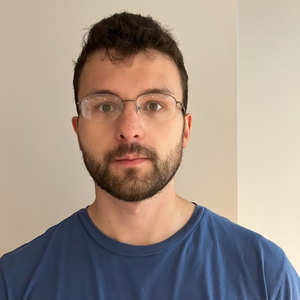
Basile Favel
Basile is a first-year medical student at the University of Toronto, and a band member of Poundmaker Cree Nation. Basile spent his early life in Alberta and Saskatchewan, and obtained his Bachelor of Arts and Sciences in Cognitive Science from McGill University in 2020. Prior to starting medical school Basile worked as a teacher in Nunavik.
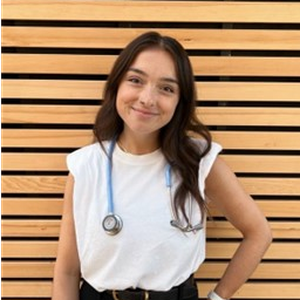
Denna Flett
Medical Student at UBC Faculty of MedicineDenna Flett (she/her) is a second year medical student at UBC. She is Cree from the Athabasca Chipewyan First Nation, located north of Fort McMurray, AB, where she grew up. Denna is an enthusiastic learner and passionate about learning how cultural practices can be incorporated into medicine.
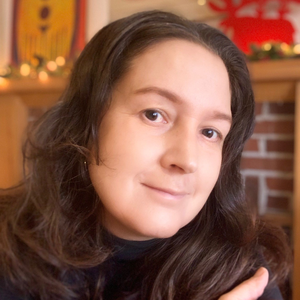
Dr. Sarah Funnell
Assistant Professor at Queens UniversityDr. Sarah Minwanimad Funnel is a First Nations Family Physician and Founding Director of the Centre for Indigenous Health Research and Education at the University of Ottawa. Dr. Funnell is also on the Board of Directors of both the Indigenous Physicians Association of Canada and the College of Family Physicians of Canada. Sarah is co-chair of the Indigenous Health Committee at the College of Family Physicians of Canada and also sits on the Indigenous Health Advisory Committee at the Royal College.
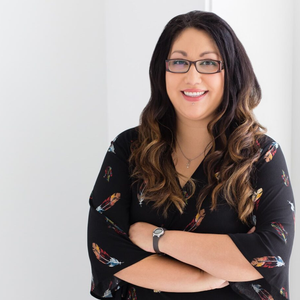
Dr. Randi George
Doctor/Resident at University of British ColumbiaHadih! My name is Randi George. I am Wet’suwet’en (First Nation), born & raised within my paternal territories, on reserve, in Hagwilget Village, Northern BC. I am Gitdumden (Bear Clan) & belong to Kaiyex Weniits (House in the Middle of Many). On my Mother’s side, I am of Metis descent from Meadow Lake, Saskatchewan. I am proudly Two-Spirit: partner to my beautiful fiancee Allison & Mama to two wonderful kiddos - Zoey (13) & Hunter (10)
.
I graduated from UBC’s Northern Medical Program in 2020 & am currently in my 4th year of Psychiatry Residency with UBC. My specific interest is the manifestation of Trauma, both childhood & intergenerational… along with the resiliency & healing power within our people, culture, & communities. I am very passionate about education & advocacy within the medical community, speaking of our history of colonization & anti-indigenous racism within medicine, how that impacts Indigenous interaction with the medical system, & how we can make it safer for our people, whether as patients or physicians.
I am currently the Resident Director for IPAC &, will always be, the proud granddaughter of a Residential School Survivor as well as granddaughter, daughter, & niece of Indian Hospital & Indian Day School Survivors.
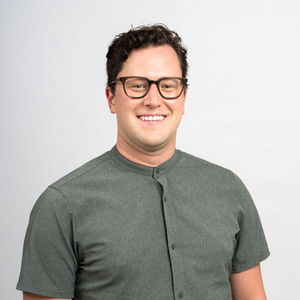
Dr. Ryan Giroux
Dr. Ryan Giroux is a General Pediatrician at St. Michael’s Hospital and the Inner City Health Associates in Toronto. He is Métis from the Métis Nation of Alberta and mixed settler heritage. He is an Indigenous Educator at the Royal College of Physicians and Surgeons of Canada, where he focuses on accreditation, and is the University of Toronto Temerty Faculty of Medicine’s PGME Indigenous Health Lead.
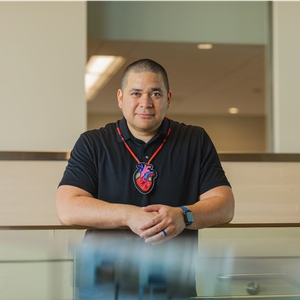
Dr. Alika Lafontaine
Past President at Canadian Medical AssociationDr. Alika Lafontaine is an award-winning physician, social innovator, and the first Indigenous physician listed by the Medical Post as one of Canada’s 50 Most Powerful Doctors. Grounded in a mixed Indigenous ancestry of Metis, Oji-Cree and Pacific Islander, Dr. Lafontaine has served in provincial and national medical leadership positions for almost two decades.
From 2013-2017 he co-led the Indigenous Health Alliance, one of the most ambitious Indigenous health transformation projects in Canadian history. At its peak, it represented more than 150 First Nations and successfully advocated for $68 million in funding for health transformation across their traditional territories.
In summer 2022, Dr. Lafontaine became the first Indigenous doctor and youngest physician to lead the Canadian Medical Association in its 156-year history. In his presidency year (summer 2022-2023), the CMA successfully advocated for the largest Federal investment in healthcare since 2004 as well as achieving breakthroughs in decades old issues like pan-Canadian licensure, health data sharing and health human resource planning.
Dr. Lafontaine is a Canada’s top 40 under 40 recipient, Maclean’s top Health Care Innovator, and the youngest recipient of an Indspire award. He continues to write and speak frequently on the politics of healthcare, implementing and scaling equity, redesigning health systems, and effective advocacy.
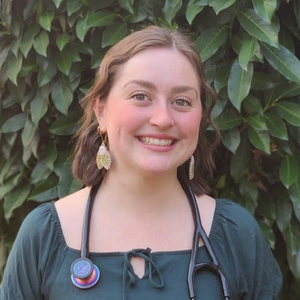
Sydney Landrie
Sydney Landrie (she/her) is Cree and Métis on her father's side and mixed white settler on her mother's side, and a member of the Métis Nation of British Columbia. She was born in Calgary on Treaty 7 territory and is currently very grateful to reside on the traditional territories of the Musqueam, Squamish, and Tsleil-Waututh Nations. She completed her BSc with a major in Health Sciences and minor in Indigenous studies at SFU in 2021 and is currently in her first year of medical school at UBC. She is passionate about Indigenous health and well-being and plans on being a strong advocate throughout her career.
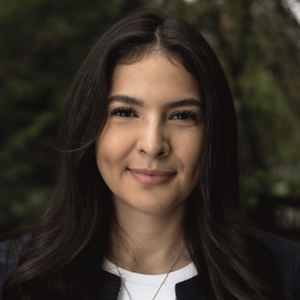
Priscilla Lawson-Pires
Priscilla Lawson-Pires (she/her) is a member of the Heiltsuk Nation, born and raised in Vancouver, BC on the unceded and traditional lands of the xʷməθkwəy̓əm (Musqueam), Skwxwú7mesh (Squamish), and Səl̓ílwətaʔ/Selilwitulh (Tsleil- Waututh) Peoples. She is currently a third year
medical student at the University of British Columbia. She is passionate about addressing the inequities experienced by Indigenous Peoples when accessing primary care.
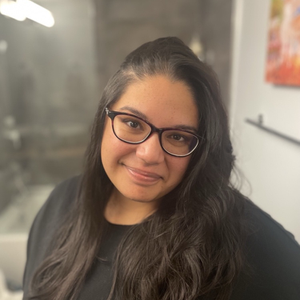
Alexa Lesperance
Family Doctor at Indigenous Physician Association of CanadaBoozhoo! Massibkwe ndzhinikaaz, makwa ndoodem, Naotkamegwanning ndoonji. Greetings, my name is Alexa Lesperance. I’m an Anishinaabe bear clan kwe/woman originating from Rocky Bay First Nation located in the Robinson Superior treaty area and am a band member of Whitefish Bay First Nation in Treaty #3 Northwestern Ontario. I grew up on reserve with the exception of the years I had to go away for post secondary. I’m in my 2nd year of family medicine practice and I work at waasegiizhig-nanaandawe’iyewigamig health clinic in Kenora, ON where I work with members from my own community, as well as doing various other locums in Northwestern Ontario.
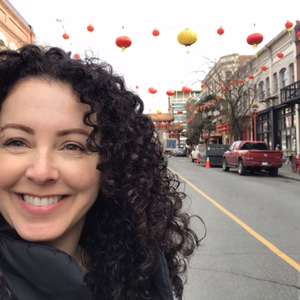
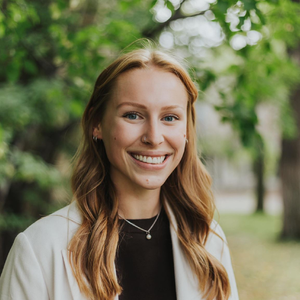
Kensington Renneberg
UBC Faculty of MedicineKensington Renneberg (she/her) is Anishinaabe Cree
Métis from Onion Lake Cree Nation and mixed European on her mother’s side, and was born and raised in Kelowna, BC on the unceded lands of the Syilx (Okanagan) people. She is currently in her second year of medical school at UBC and is passionate about Indigenous and LGBTQ2IA+ advocacy and representation in medicine.
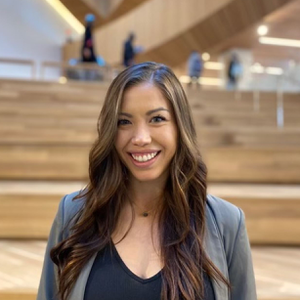
Madeson Todd
Madeson Todd (she/her) is born and raised in Calgary on the Traditional Blackfoot territory with Indigenous roots from the Chinook speaking people from what is now known as Hedley BC, and is also of Chinese, English and Scottish descent. She is currently in her third year of medical school and is passionate about mentorship, community work, and rural health.
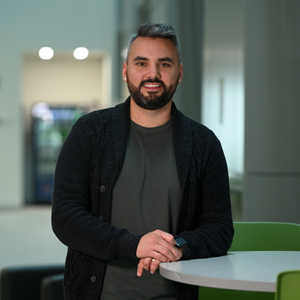
Dr. Brent Young
Academic Director, Indigenous Health of Dalhousie UniveristyDr. Brent Young is Anishinaabe and a member of Sandy Bay First Nation. His mother is a Sixties Scoop Survivor, and his grandmother was a survivor of Sandy Bay Indian Residential School. He was born and raised in Unama’ki. He is a family physician at Sipekne’katik Health Centre, academic director for Indigenous health at Dalhousie Medical School, and founding clinical lead of Wije’winen Health Centre. He played a key role in supporting the Mi’kmaw Native Friendship Centre in establishing this service for the urban Indigenous community of Halifax in 2022. Through his leadership, Dalhousie Medical School has seen a substantial increase in the number of Indigenous medical students being admitted through a new Indigenous Admissions Pathway. This pathway is poised to become a key driver of the Indigenous physician workforce in the region and across Canada. His primary area of interest is dismantling anti-Indigenous racism in healthcare systems using rights-based frameworks.
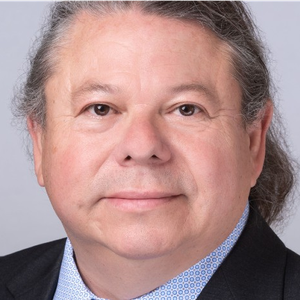
Tuma Young
Tuma Young, KC, is an L’nu (Mi’kmaq) from Malagawatch reserve and his band is Eskasoni First Nation. Tuma was born into the Attu’wej (Squirrel) clan for the Aplikjumuj (Rabbit) clan. Tuma is the spouse of Nicolaas Honig and resides in Sydney River where he teaches Mi’kmaq Studies at Cape Breton University and has a private legal practice.
Tuma’s grew up on his mother’s trapline at Malagawatch and where he learned about L’nuwin Pisun and later took undergraduate studies in Ethnobotany (the study of plants used by Indigenous peoples). Tuma’s current research is on the plants used by the L’nu (Mik’kmaq) and has done extensive research on Maskwomin, an oil extracted from Maskwi (the white birch bark tree) which the L’nu use for treating skin conditions.
Tuma loves to lead L’nuwin Pisun medicine walks where he shows folks which plants are used by L’nu people and illustrates the importance of biodiversity in Mi’kma’ki.